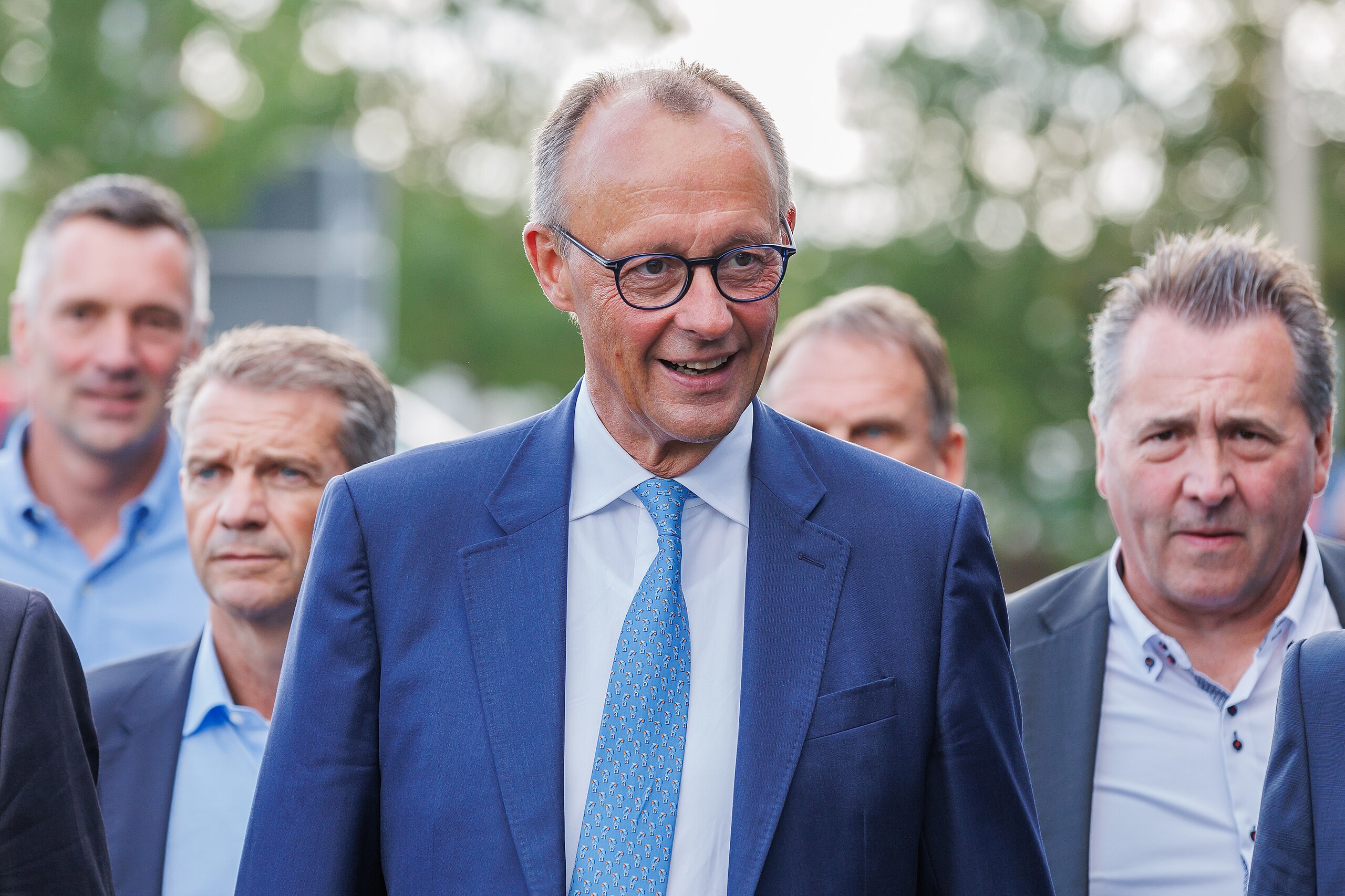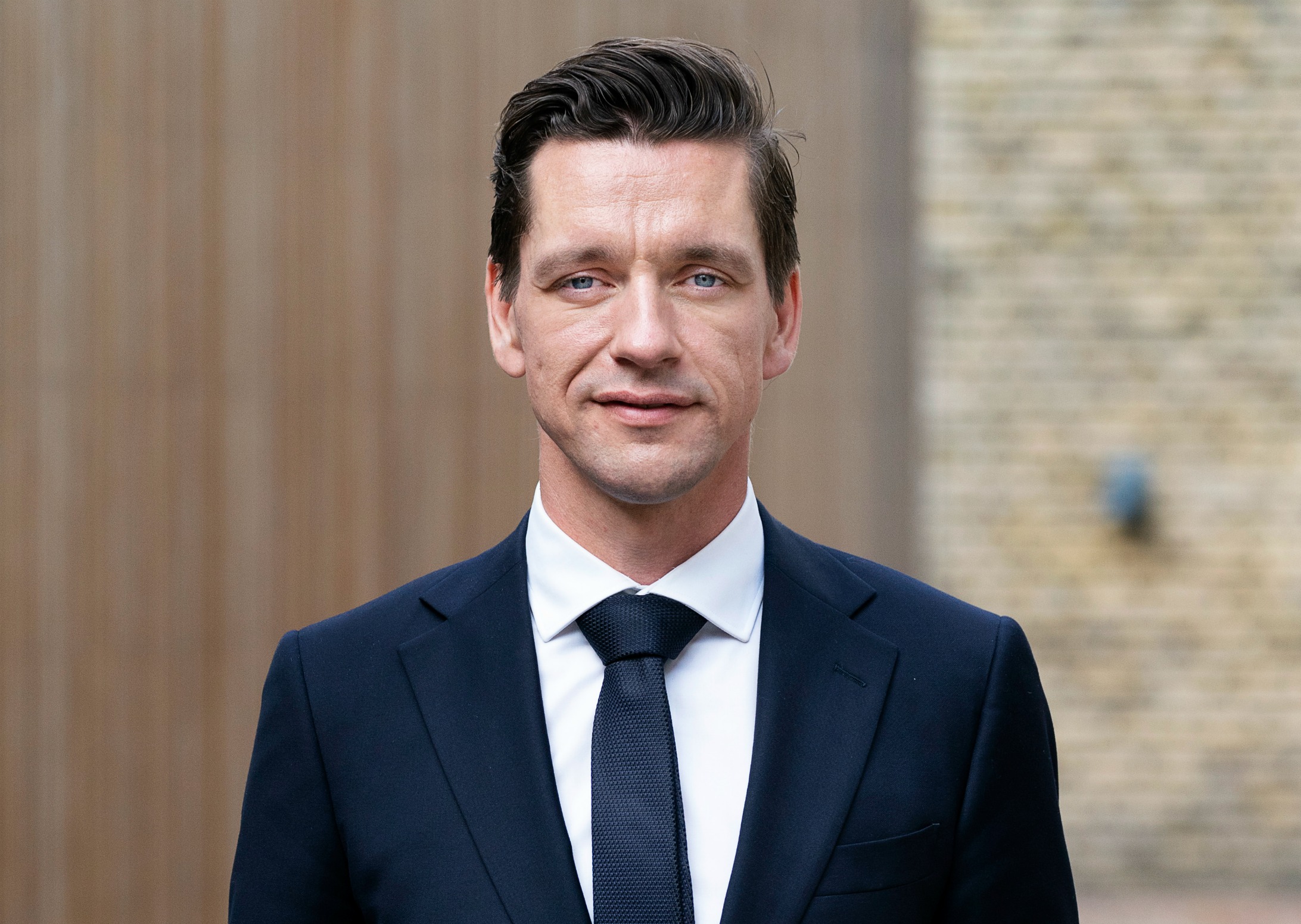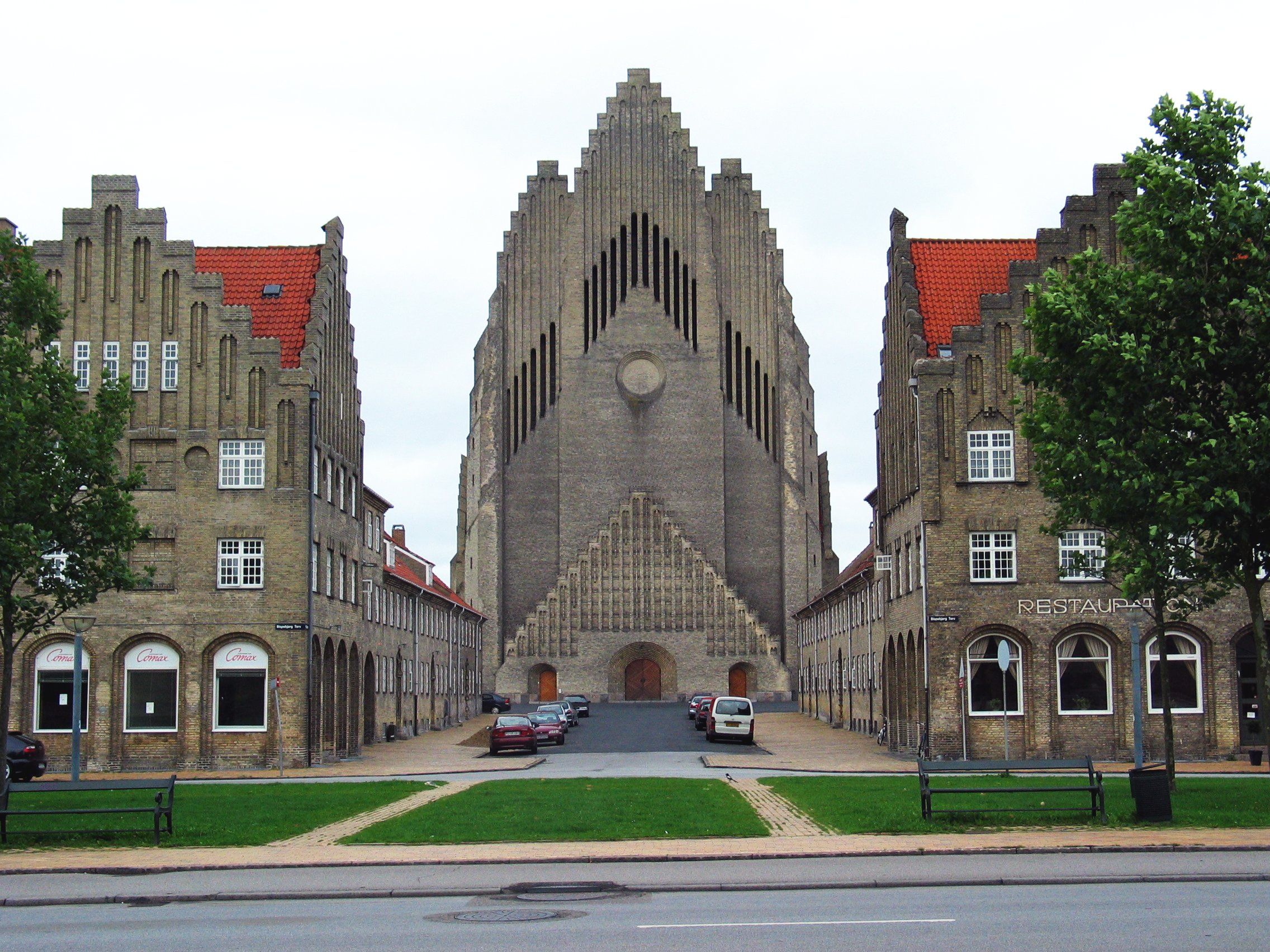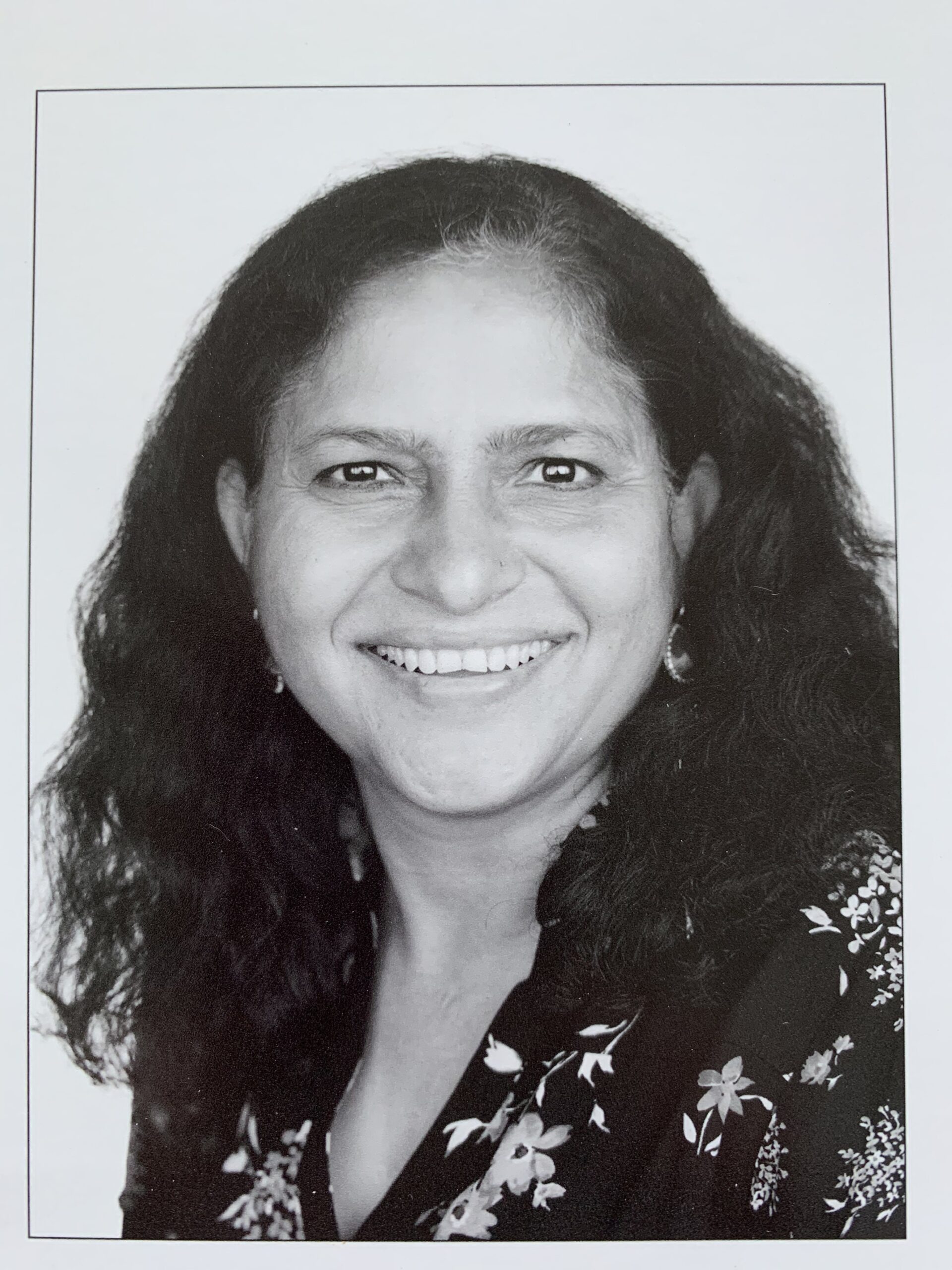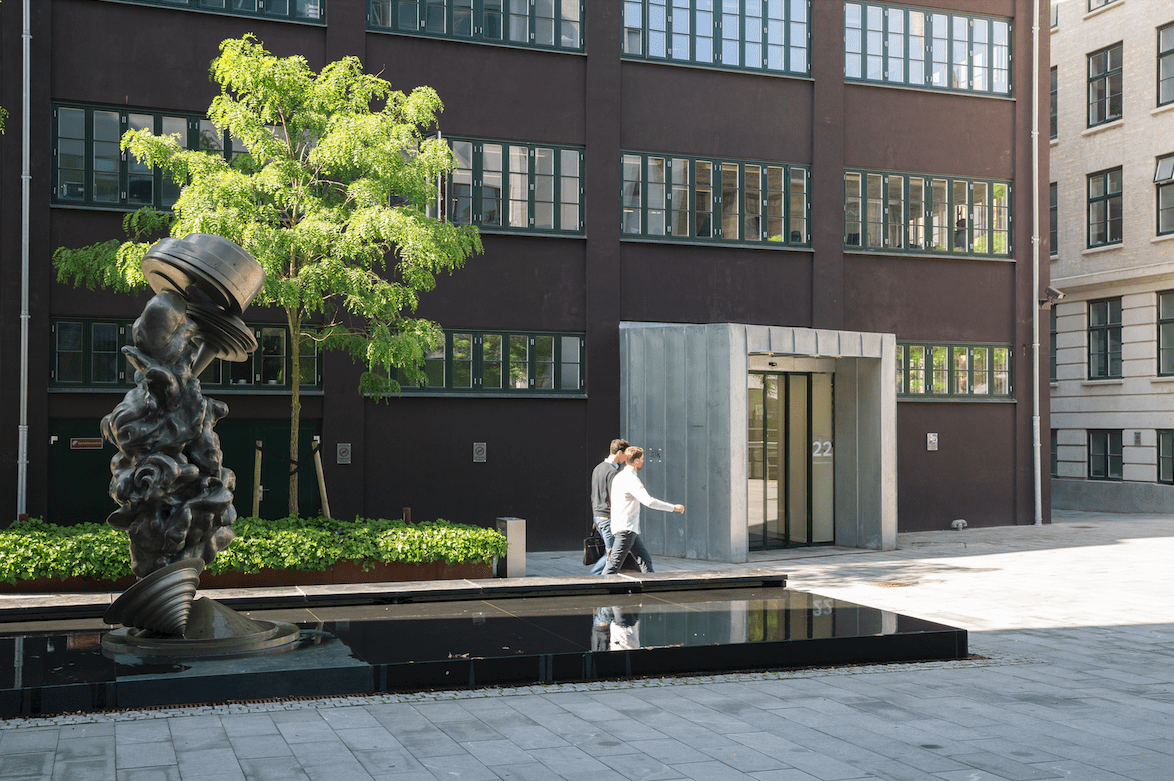A new law revising exactly how and what the government is obliged to share and communicate with its citizens was quickly subjected to widespread criticism after it was announced on Wednesday.
The revision of the law, offentlighedsloven, has been ten years in the making, and was agreed upon on Wednesday between the government and opposition parties Konservative (K) and Venstre.
But while many aspects of the updated law were praised for catching up with the times – allowing, for example, requests for freedom of information to be submitted online – several aspects were criticised for allowing ministers and MPs greater privacy from the the prying public gaze.
The current offentlighedslov prevents freedom of information requests from gaining insight into documents that record the basis for decisions made by the central government and its ministers.
The new offentlighedslov will extend that exception to also cover the decision-making processes of all MPs.
According to Oluf Jørgensen, the head of research in media law at Danmarks Medie og Journalisthøjskole, this lack of public insight into the material used to make decisions by ministers, civil servants and MPs is harms democracy.
“The risk is already high because there is currently a high level of secrecy in Denmark,” Jørgensen told Ritzau. “We are already vulnerable to political spin because the public does not have the right to access the bases for the ministers' and government’s political decisions.”
Pro-transparency organisation Åbenhedstinget argues that the new law breaks the constitutional separation between the executive and the legislative divisions of power by granting non-governing MPs the same right to privacy that governing MPs have.
“We have a hard time understanding how it can be formulated without breaking the spirit of the constitution,” Nils Mulvad, the chairman of Åbenhedstinget, wrote on the organisation's website.
Mulvad is concerned that the new law reflects a tendency within the government and its agencies to only impart the least amount of information possible.
“We have filed several test cases because the authorities are doing everything they can to prevent ordinary people from getting the information they need and which can protect them, for example, from dangers in the environment,” Mulvad wrote.
Another problematic aspect of the new law that was identified was the government’s right to terminate freedom of information requests if they take longer than 25 hours to handle.
This part of the law was drawn up by the former government. In an answer to parliament in 2009, the then justice minister Lars Barfoed (K) explained that the law was designed to limit the burden of freedom of information requests.
He added that journalists from the “mass media” as well as researchers from “recognised research institutes” will be exempt from the rule while, according to Politiken, freelance journalists, authors, civil society groups and ordinary citizens will have to contend with the rule.
But according to current justice minister, Morten Bødskov (Socialdemokraterne), the new law will not create a two-tiered access to information.
“We want to enter into dialogue with citizens to help them make their freedom of information request more specific [in order to] avoid ending in a situation where we use unnecessarily large resources to find the relevant documents,” Bødskov told Politiken.
But Mogens Blicher Bjerregård, the chairman of the journalist’s union, Dansk Journalist Forbund, doesn’t agree that limitations on resources can be used to limit access to information.
“Democracy costs money and that’s just the way it is,” he told Politiken. “I think there is a reason why we value an open democracy so highly. You can’t pay too much for it."


